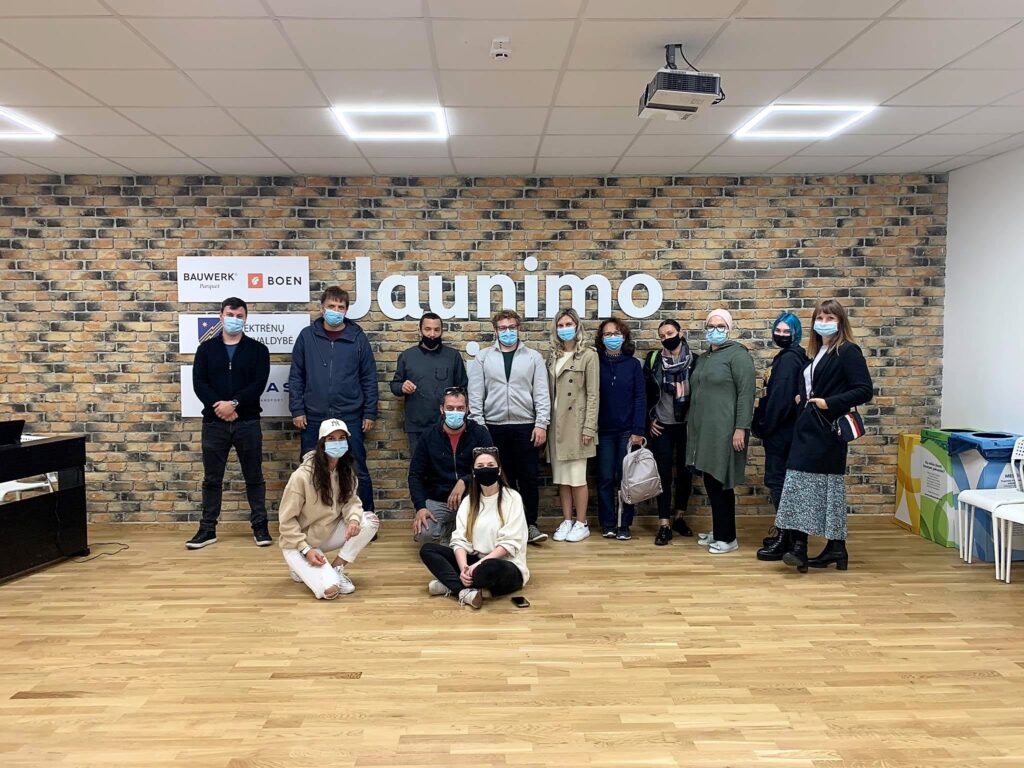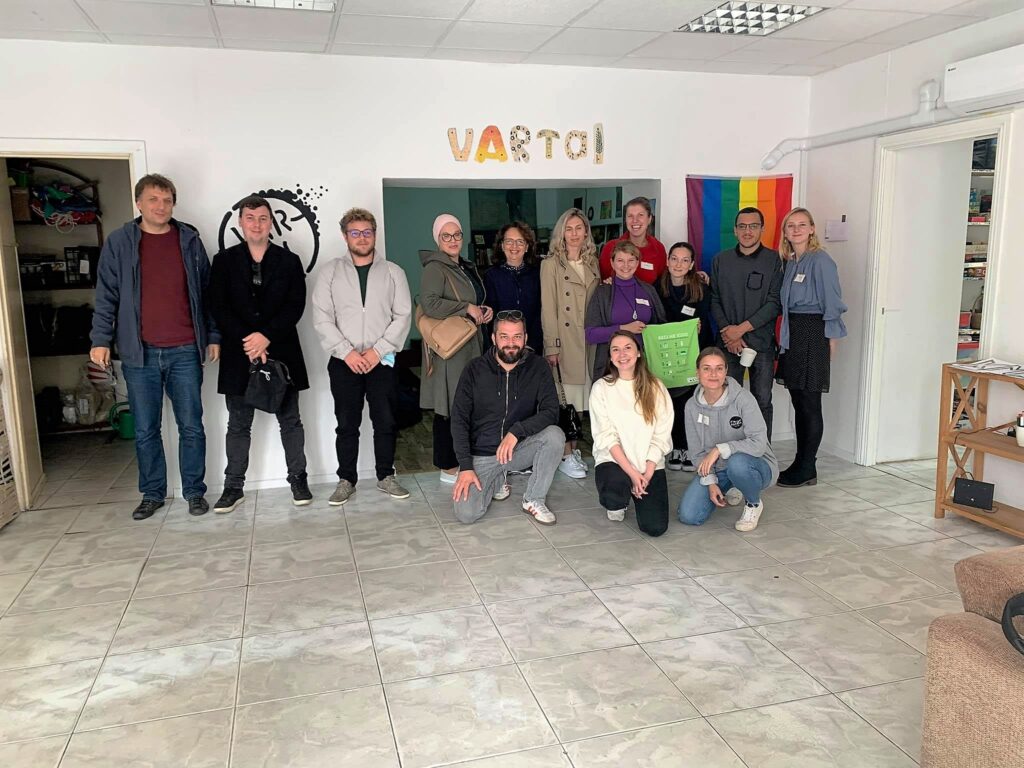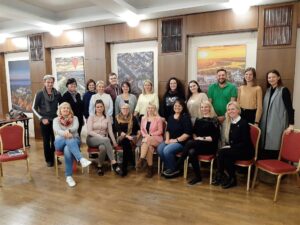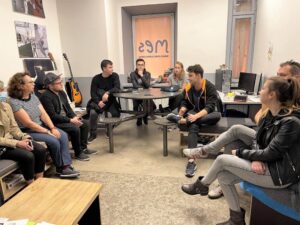I’m changing Europe!


The importance of youth work in Lithuania increased the last 15 years. The Department of Youth Affairs worked out the Concept of open youth centers and spaces that defined the objectives, tasks, target groups, principles, contractors, and quality requirements. One of the key objectives of the Concept was to establish open youth centers and open spaces as institutional forms of openwork with youth that enhances young people with fewer possibilities to engage in society and the labor market. It has been increasingly recognized that youth work in Lithuania needs further professionalization, as not all the activities can be performed only by volunteers.

At the local level, municipalities are the main institutions responsible for formulation and implementation of youth policy. Councils for youth affairs at the municipal level are established on the principle of parity involving the representatives of municipal institutions and youth organizations by the decision of Municipal Councils. Regional youth councils can delegate representatives of youth organizations to municipal councils for youth affairs. Different committees of Municipal Council, as well as departments, institutions of Municipality Administration, like educational institutions, psychological services, institutions of non-formal education (music and art schools, sports centers, youth centers, cultural centers, museums, libraries, etc.) formulate and implement youth policy in municipalities.
A Youth Affairs Coordinator assists the municipal institutions to formulate and implement a municipal youth policy.
Within the framework of EGL partnership, what are some highlights of your National Agency plan and strategy?
Monika: Due to corona and reorganization in the National Agency, we did not implement many EGL activities in 2021, but some activities did take place. What we had was around youth work for youth workers and the implemented activities were:

Could you tell us a bit more about how municipalities in Lithuania are working to deliver quality youth work at the local level? And how is the national support for this initiative?
Monika: Each municipality in Lithuania has a Youth Affairs Coordinator who is mainly responsible for implementing youth policy in Lithuania. Also, each municipality has at least one open youth center and some also has mobile or street youth work practices. The Youth affairs coordinators and youth workers from youth centers are supported by the national level: the competences of youth workers are developed in the certification system by the Youth affairs department. Also, various trainings are organized for youth workers and Youth affairs coordinators by the Department of Youth affairs.
What are some other characteristics and good practices in quality youth work in Lithuania?
Monika: Besides every municipality having the Youth Affairs Coordinator, another good practice, in my eyes, is the Municipal Youth Affairs Council: a public advisory body governed by the principles of equality and composed of representatives of the municipal administration. Municipal Youth Affairs Council examines issues related to youth policy in the municipality and submits proposals of municipal institutions on youth policy, its implementation, funding priorities for youth policy implementation measures in the municipality, and draft legal acts related to the implementation of youth policy in the municipality.
How do you use the EGL Charter in creating good practices and higher standards for quality youth work development in Lithuania? Are you sharing your good practices?
Monika: The Charter is presented in most of the activities under the EGL as a tool to self-reflect on the quality of youth work that is implemented. In order to be more utilized, the Charter needs more political support.
How is your national agency promoting European programmes amongst municipalities?
Monika: EU programmes are introduced during various events and training for municipalities and youth workers, also, NA organizes webinars and informative events to which youth affairs coordinators and youth workers are invited.
In your opinion, how can EGL project contribute to the quality of local youth work at the local level?
Monika: Europe Goes Local can contribute in creating a network between municipalities that share best practices, organize study visits and related activities.

